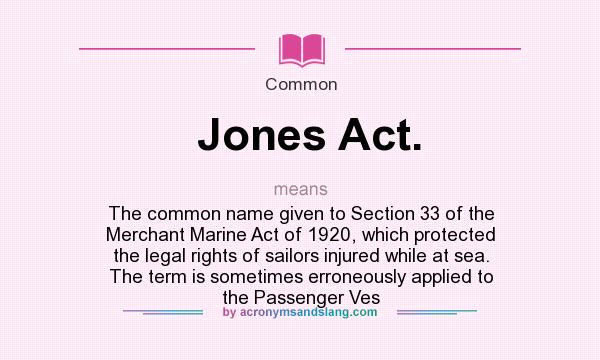
If you want to save this set up, use Tabs | Store current layout. The default fields in the annotations view should be suitable but if you wish to change them you can do this in Preferences | Annotation Template Add the annotation template view from View | Misc Views | “Annotation Template in the top part of the right hand pane (see configuring the interface if you've not done this before).Select Render entities using annotation values.That way if you exchange ontologies, correcting spelling mistakes (by merely changing labels) won’t cause the links between the ontologies to break When you create a new class, property or individual, Protege will give it a meaningless URI and a readable label. In the Entity URI pane, select auto ID.Open preferences ( File | Preferences on windows, Protege | Preferences on mac).Setup the renderer and how new entities will be created Disable the individuals, object and data property and classes tabs (you can use the entities tab for all of these).Enable the matrix views Window | Tabs | Matrix and Window | Tabs | Property Matrix that will be used later for fast entry.Specify where you wish to save the ontology.Start Protege (preferably from a shell using one of the scripts provided, as this will give you additional feedback).
#Protege definition download
If you don’t already have them, download and unzip the following plugins into your plugins directory deal with primitive and defined classes separately.Ī list of the properties and their domain and rangesīefore beginning this part of the tutorial please familiarise yourself with Protege Desktop with the Quick start Guide. It is useful for a very fast version to know which are going to be defined classes.
#Protege definition how to
This is just how to get the results of thinking into Protégé as easily as possible.) (Of course you have to have done the thinking first. We assume you already know what you are doing and have a list of the main elements of the ontology written down in pencil or sketched in a text editor, mind-map, concept map or whatever tool you prefer. This brief note is to show how to use Protégé efficiently. That tutorial is intended to teach you about OWL. If you have any problems with this walkthrough it is advised that you download and run through the much more substantial Protege OWL tutorial. This is a quick trip through how to build our standard Pizza ontology in 10 minutes or less of actual typing. So many features that many users have not found most of them. Protégé is a powerful editing environment with many features.



2.3 A list of the properties and their domain and ranges.2 We assume you have a basic structure already defined “on paper”.


 0 kommentar(er)
0 kommentar(er)
